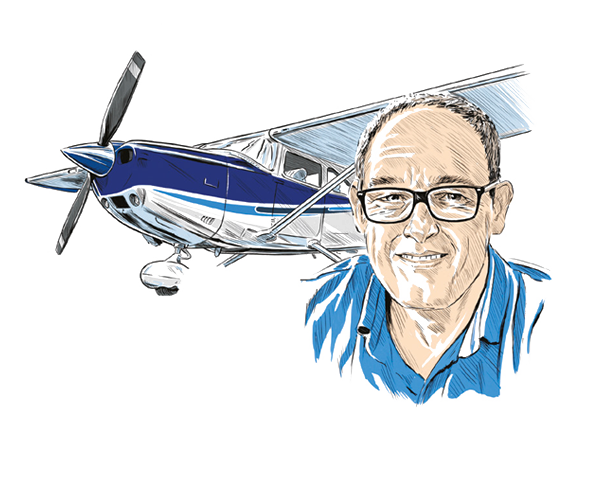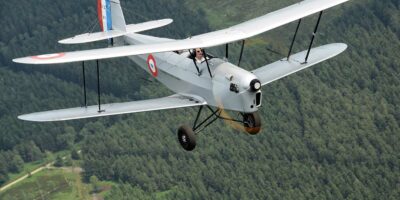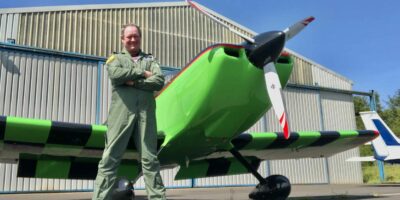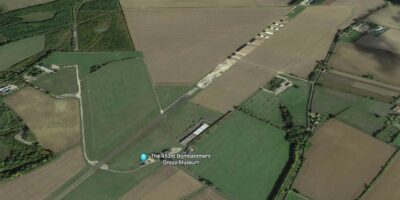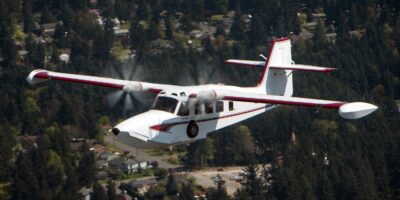There’s been a lot written about a tragic accident that took the lives of two people when the CAP 10 they were in crashed. The VFR only pilot found himself above a solid layer of cloud, and lost control of the aircraft during a Surveillance Radar Approach (SRA).
The AAIB’s report (read it here) is a depressing read. Significant mistakes were made by pretty much everyone involved, including Exeter ATC and the D&D cell, both of whom were all too briefly involved.
This column isn’t so much about the specifics of that accident, but about the things that get in the way of learning from that tragedy.
I’d be happy to bet that we’ve all read an accident report and said to ourselves ‘that would never have happened to me’, and given the rareness of General Aviation accidents that’s clearly correct, but it can also put an end to valuable learning, and that only compounds the tragedy.
This particular AAIB report clearly sets out the mistakes made by everyone, including those made by Exeter ATC and D&D. Unsurprisingly, their actions are strongly criticised by pilots in flying club bars and internet forums.
It is obvious that the pilot was not well served by either agency, but many GA pilots are paying significantly less (if any) attention to the pilot’s actions, which led to the situation in the first place, or to the things he could have done differently, once stuck above those clouds, which would have changed the outcome.
I am not saying that we should be apportioning blame, but that we should be considering the tragedy in the round, and learning from it. The temporary ‘comfort’ of believing that it was ‘someone else’s fault’ does not serve us well.
There’s no doubt that D&D, Exeter ATC and their respective regulators will have spent huge amounts of time reviewing their actions in minute and dispassionate detail, and no doubt that even more work will be done following the seven safety recommendations made by the AAIB.
They will have learned a lot, changed a lot and, I’m willing to bet, units throughout the country and perhaps beyond, will be incorporating this report into future training.
One poster, just after the release of the accident report, commented that this will be a seminal moment. He’s right, at least in the ATC world.
It’s not the same for private pilots. After our initial training we tend to think, act and learn as individuals. It’s a large part of why we love to fly, but inevitably some do the learning part (which is what we’re talking about here) better than others.
I don’t think we can, nor should, change those individual freedoms, but we could – and indeed should – learn to learn better, and a large part of that will come from looking at the things we can control (our actions), rather than the shortcomings of others.


